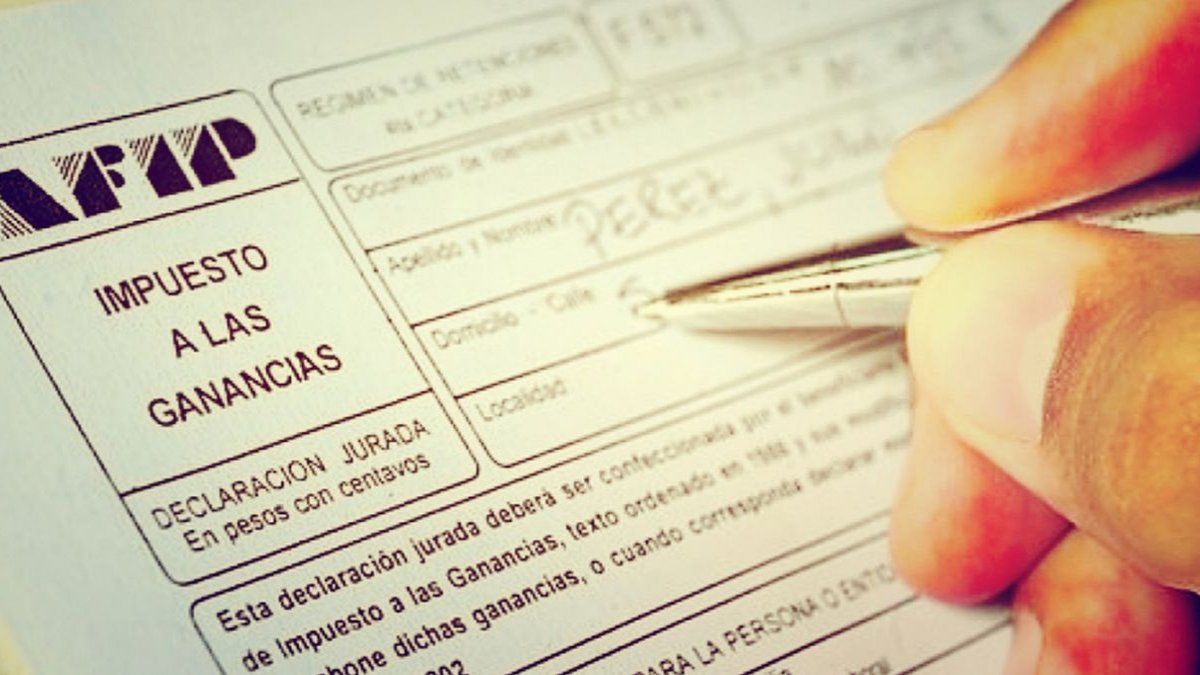Last night the Government sent to Congress and the provinces the new version of the Base Law, which covers fiscal, economic and state reform issues, with the aim of advancing with the main guidelines promoted by the administration of President Javier Milei. One of the main issues is the modification of the Income Tax.
The project raised concerns, especially among employees. One of the most discussed points is the new non-taxable minimum for single employees, set at $1,800,000 of gross monthly salary, equivalent to $1,494,000 net, without considering deductions for spouse or children. This change would affect a large sector that did not pay or had stopped paying with the previous modification and that would now pay taxes.
In the case of employees with a spouse and dependent children under 18 years of age, the threshold to begin paying taxes would be $2,300,000 of gross monthly salary, equivalent to $1,981,278 net. This new tax scheme could significantly impact the pockets of thousands of working families.
How would the Income Tax be in 2024?
The project also contemplates the elimination of current tax exemptions, such as the differences between overtime and ordinary hours on holidays, productivity bonuses and income from medical guards, among others.
taxes-salaries-calculator-expense-adjustment-afip-monotributo.jpg
Depositphotos
In respect of the updating of both the amounts that define the so-called non-taxable minimum and the values of the rate table, The project contemplates a mechanism of annual frequency and according to interannual inflation as of October. This point of the proposal is different from what had been raised in the project sent by the Executive Branch to Congress last January (it included quarterly updates, according to a scheme that, if applied, would have caused the proposed $1,250,000 then as the salary reached by Earnings for a single person, it will become $2,134,000 from this month of April).
It was also confirmed that the collection of the tax will not be retroactive, but will begin to be paid from the moment the changes are approved.
Who will pay Income Tax in 2024?
The text returns to the scheme that was in effect until September 2023, as had already been presented at the beginning of the year, although with an “update” for inflation from the previous proposal for the so-called floor.
Thus, an employee single without children Begin to pay Profits from $1,800,000 monthly gross and a married with children, from $2,300,000 raw.
Some deductions are eliminated, but create a special deduction so that he bonus is exempt of the payment of the lien.
The project establishes a annual inflation update for tax deductions and scales starting of the fiscal period 2025.
For this year, empowers the Power Executive to define whether to update or not those parameters once the law is approved by Congress.
Income Tax Exemptions
The new tax bill proposes significant changes to the way people’s income is taxed. Unlike the current scheduled income tax, which establishes a minimum salary to begin paying taxes of $2,340,000, the proposal seeks to reintroduce differentiations based on family situation and certain specific expenses, such as medical care or rent. These distinctions would be achieved through the application of specific deductions, thus returning to previous tax schemes.
Source: Ambito




